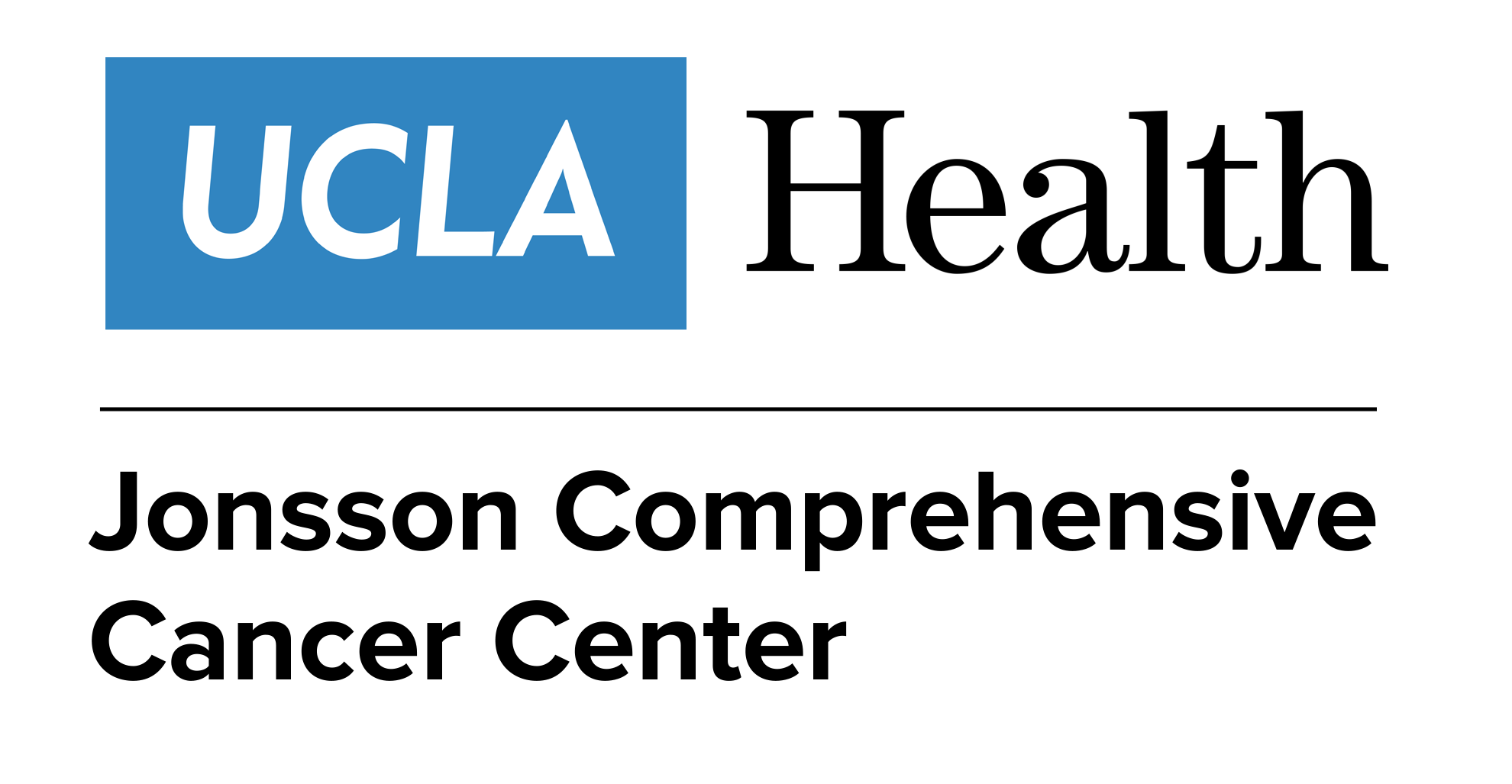- Advertise
- About OncLive
- Editorial Board
- MJH Life Sciences brands
- Contact Us
- Privacy
- Terms & Conditions
- Do Not Sell My Information
2 Clarke Drive
Suite 100
Cranbury, NJ 08512
© 2025 MJH Life Sciences™ and OncLive - Clinical Oncology News, Cancer Expert Insights. All rights reserved.
Dr. Wainberg on the Need for Chemotherapy-Free Options in CRC
Zev A. Wainberg, MD, discusses the need to develop chemotherapy-free options in colorectal cancer.
Zev A. Wainberg, MD, associate professor of medicine and surgery, David Geffen School of Medicine, University of California, Los Angeles (UCLA), co-director, UCLA Gastrointestinal Oncology Program, director, Early Phase Clinical Research Program, Jonsson Comprehensive Cancer Center, discusses the need to develop chemotherapy-free options in colorectal cancer (CRC).
Chemotherapy-free regimens remain an area of ongoing development, particularly for patients who progress on FOLFOX or FOLFIRI, says Wainberg. For example, on April 8, 2020, the FDA approved the combination of encorafenib (Braftovi) and cetuximab (Erbitux) for the treatment of patients with metastatic CRC who harbor a BRAF V600E mutation.
Additionally, agents targeting HER2 have demonstrated efficacy in HER2-overexpressing CRC, Wainberg adds. Although no HER2-targeted therapies are approved by the FDA in CRC, clinical guidelines have begun incorporating such agents to guide treatment for these patients, Wainberg says.
Patients who do not harbor molecular markers have limited chemotherapy-free options available beyond regorafenib (Stivarga) in the third-line setting, says Wainberg. Combination strategies with immunotherapy or other targeted agents may introduce more chemotherapy-free regimens to the CRC paradigm, concludes Wainberg.


